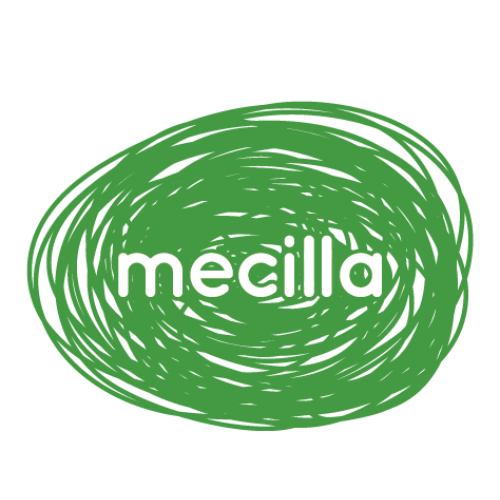ORGANIC COTTON AND THE ENVIRONMENT
Q: How sustainable is organic cotton?
A: Cotton is relatively drought tolerant however it still requires a lot of water. Furthermore, cotton is highly vulnerable to pest attack in certain geographies and climates. In conventional systems it is therefore treated with large quantities of chemical pesticides and irrigation water. A Life Cycle Assessment showed that by producing cotton organically, negative impacts on the environment are drastically reduced.
Q: How much water does organic cotton consume?
A: Results of a recent Life Cycle Assessment of organic cotton reveal that water consumption of organic cotton is 91% lower than that of conventional cotton (182m3/1000kg fiber as opposed to 2,120m3 ) . This is because organic cotton receives relatively little irrigation, relying predominantly on natural rainfall. Organic cotton can also be a more efficient user of water since farmers focus on building higher levels of organic matter in their soils. Research shows that soils with high organic content can hold up to 30% more water.
Q: How is growing cotton organically beneficial to climate change mitigation?
A: Organic cotton production uses significantly less fossil fuels than conventional production. The results of a recent Life Cycle Assessment of organic cotton revealed that its carbon dioxide equivalence (CO2 equiv.) emissions are an average of 46% less than the CO2 equivalent emissions of conventional cotton production. This is primarily the result of the restricted use of chemical inputs in organic production, along with the fact that the vast majority of organic cotton is produced by small-scale farmers in developing countries who farm by hand instead of using fuel-hungry machinery and irrigation systems.
A: Cotton is relatively drought tolerant however it still requires a lot of water. Furthermore, cotton is highly vulnerable to pest attack in certain geographies and climates. In conventional systems it is therefore treated with large quantities of chemical pesticides and irrigation water. A Life Cycle Assessment showed that by producing cotton organically, negative impacts on the environment are drastically reduced.
Q: How much water does organic cotton consume?
A: Results of a recent Life Cycle Assessment of organic cotton reveal that water consumption of organic cotton is 91% lower than that of conventional cotton (182m3/1000kg fiber as opposed to 2,120m3 ) . This is because organic cotton receives relatively little irrigation, relying predominantly on natural rainfall. Organic cotton can also be a more efficient user of water since farmers focus on building higher levels of organic matter in their soils. Research shows that soils with high organic content can hold up to 30% more water.
Q: How is growing cotton organically beneficial to climate change mitigation?
A: Organic cotton production uses significantly less fossil fuels than conventional production. The results of a recent Life Cycle Assessment of organic cotton revealed that its carbon dioxide equivalence (CO2 equiv.) emissions are an average of 46% less than the CO2 equivalent emissions of conventional cotton production. This is primarily the result of the restricted use of chemical inputs in organic production, along with the fact that the vast majority of organic cotton is produced by small-scale farmers in developing countries who farm by hand instead of using fuel-hungry machinery and irrigation systems.
